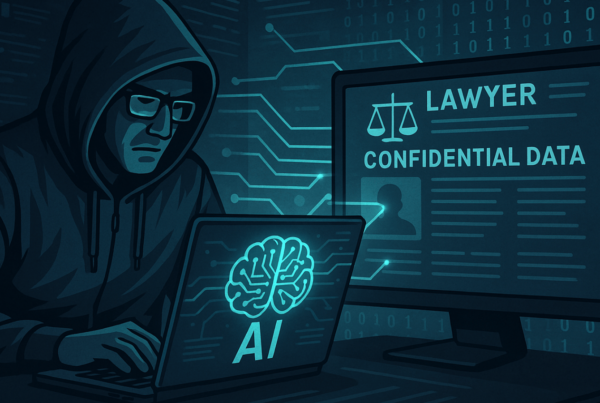Legal research is changing because of AI tools. Some tools provide general assistance and others are built for lawyers. Here’s a quick breakdown of the tools to be aware of.
General-Assistance AI
Google NotebookLM
Google NotebookLM represents a new approach to research and note-taking. It allows lawyers to interact with documents through natural language queries. This tool excels at summarizing complex documents and extracting key information, though it’s not specifically designed for legal work.
OpenAI ChatGPT & Chatbots
GPT-4 and similar large language models are valuable tools for initial legal research and brainstorming. These AI assistants can help:
- Draft preliminary legal documents
- Analyze legal concepts
- Generate research summaries
- Identify potential arguments and counterarguments
Obviously, outputs must be verified using authoritative legal sources.
Microsoft 365 Copilot
Copilot, integrated into the Microsoft Office suite, offers unique advantages for law firms using Microsoft’s ecosystem. It can assist with:
- Document drafting and review
- Email composition
- Meeting summaries
- Document analysis in Word, Excel, and PowerPoint
Legal-Specific AI Tools
Thomson Reuters – Casetext CoCounsel
CoCounsel combines GPT-4 with Thomson Reuters’ legal database, offering:
- Advanced legal research capabilities
- Case law analysis
- Document review and summarization
- Assistance with drafting legal memos
Lexis+ AI
Lexis+ AI builds upon LexisNexis’s legal research platform, providing:
- AI-powered search
- Brief analysis
- Legal citation checking
- Precedent recommendations
vLex “Vincent” (Fastcase)
Vincent integrates with Fastcase’s legal research platform to provide:
- Global legal research capabilities
- Multi-jurisdictional analysis
- Smart document comparison
- Automated legal updates
Harvey AI
Designed for legal professionals, Harvey AI offers:
- Contract analysis
- Review of legal documents
- Regulatory compliance verification
- Case law research assistance
Clearbrief
Clearbrief provides: focused on writing and analysis:
- Automated citation checking
- Document accuracy verification
- Writing quality assessment
- Real-time feedback on legal arguments
Briefpoint (Discovery Research)
Briefpoint offers: specializations in discovery processes:
- Automated document review
- Key information extraction
- Evidence organization
- Creating timelines
Feature Comparison
When selecting AI tools for legal research, consider:
- Integration with current workflows
- Accuracy and dependability of results
- Cost-effectiveness
- Learning curve and training requirements
- Security and confidentiality features
Integrating AI into Workflows
Successful integration of AI into your workflows requires:
- Proper user training
- Verification and quality assurance
- Understanding each tool’s constraints
- Regular evaluation of tools
- Maintaining ethical standards
Conclusion
AI is changing the practice of law, and AI powered research tools are quickly becoming indispensable. If you’re not using AI to do research you should start as soon as possible.
Use technology to radically improve your law practice by focusing on the few core elements that have the biggest impact.






